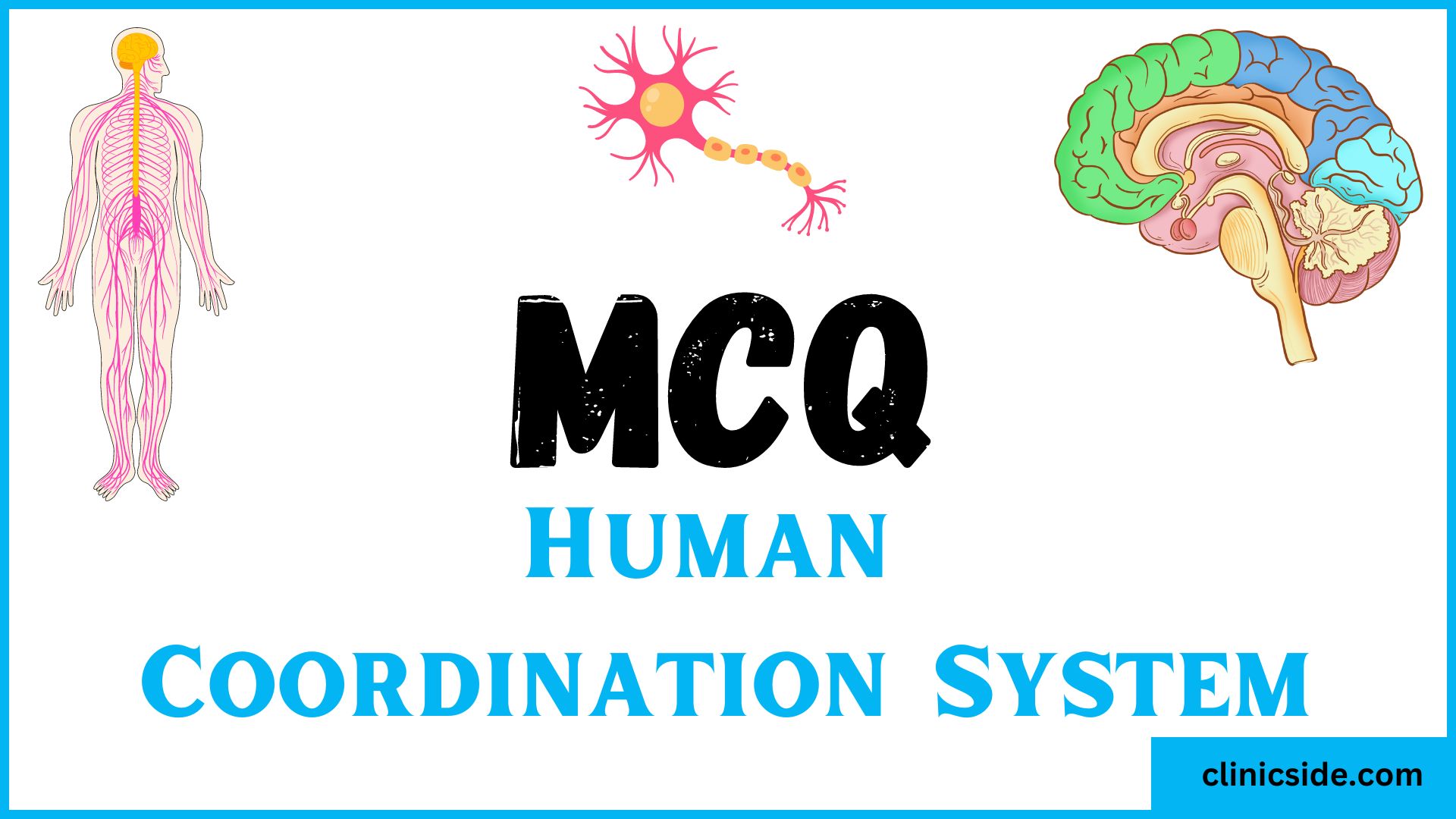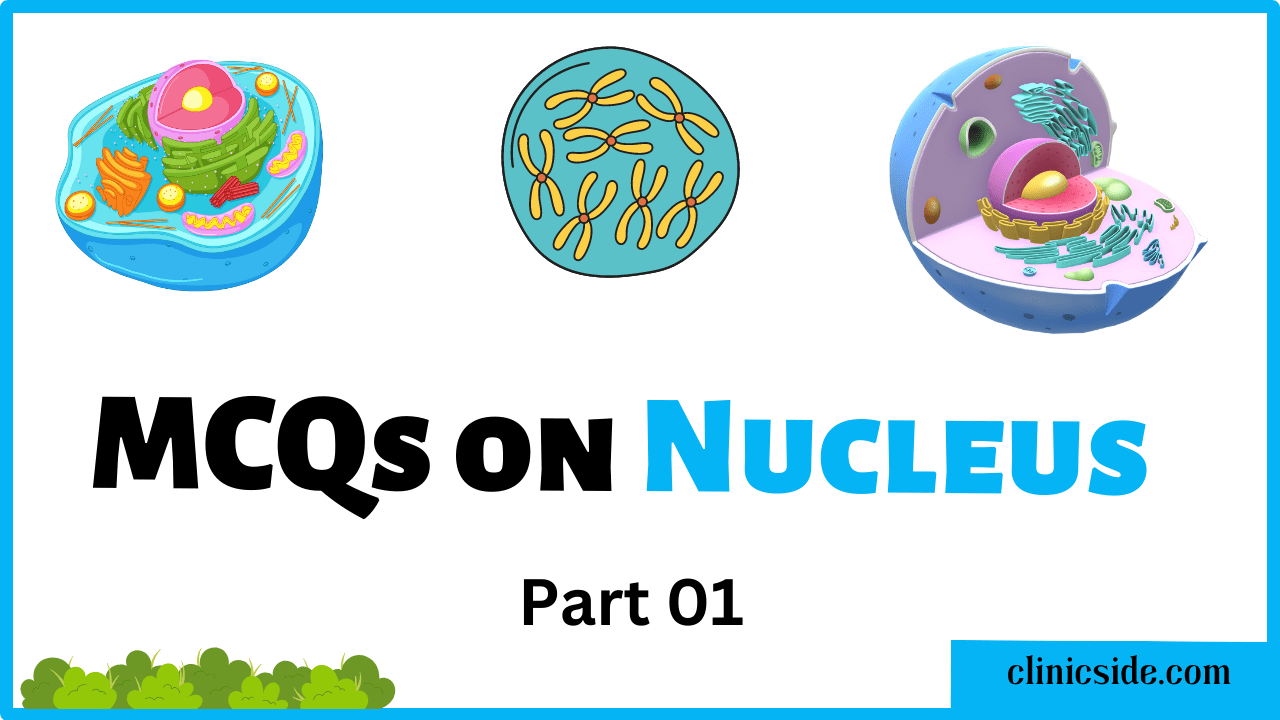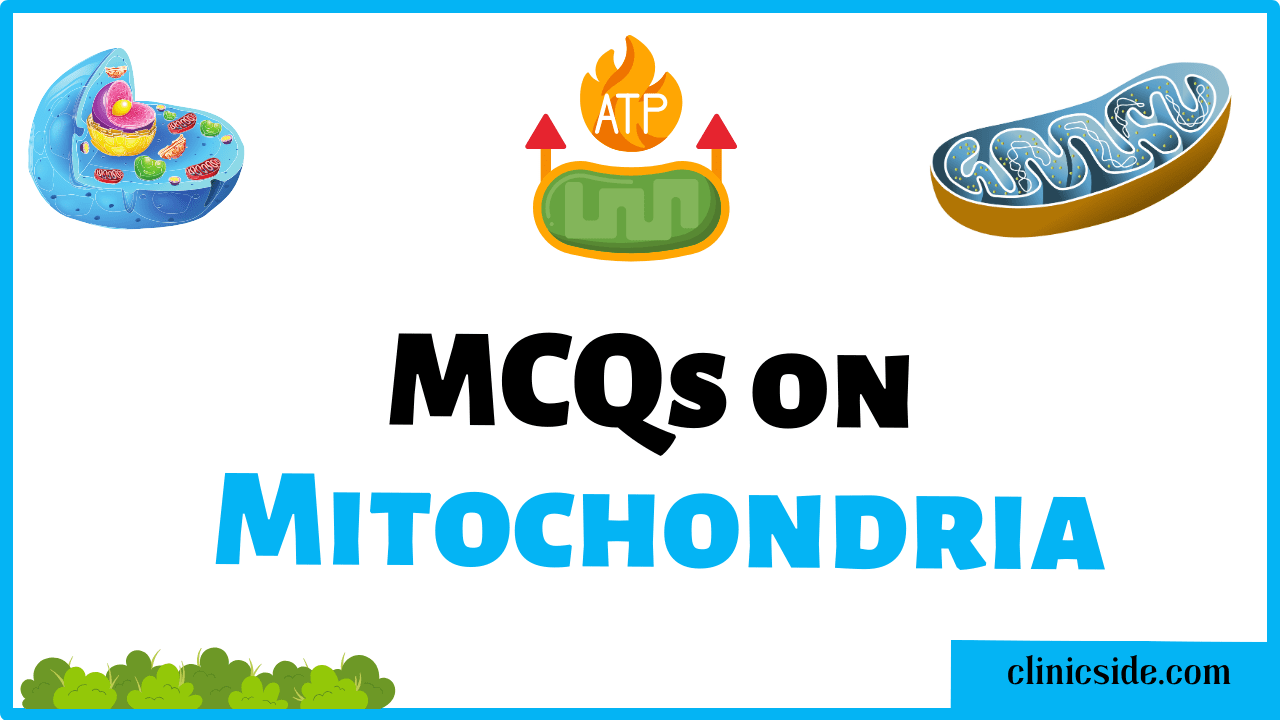Quiz
Available options: 1 to 20
Infertility:
Explore our comprehensive infertility quiz to test your knowledge and understand the factors that influence fertility in both men and women. Learn about causes, treatments, and lifestyle changes that can improve reproductive health. Whether you’re just starting to learn or want to deepen your understanding, this quiz will provide valuable insights.Explore our comprehensive infertility quiz to test your knowledge and understand the factors that influence fertility in both men and women. Learn about causes, treatments, and lifestyle changes that can improve reproductive health. Whether you’re just starting to learn or want to deepen your understanding, this quiz will provide valuable insights.
If you want to gain more knowledge about infertility, Click Here
Test Guidelines and Time Limit For Quiz:
Guidelines for Maximizing Your Quiz Experience:
Read and Understand:
Carefully read each question related to Human Infertility and ensure you have a clear understanding of the concepts before selecting your answer. This will help you make informed choices and avoid misconceptions.
Choose the Best Answer:
Evaluate all available options before selecting the one that aligns best with your knowledge of Human Infertility for accuracy and relevance in your responses.
Time Management:
The quiz has a time limit based on the number of questions you choose. Allocate 45 seconds per question. Manage your time wisely to complete all questions within the allotted time.
Efficient time management increases your likelihood of successfully completing the quiz and submitting your answers within the designated timeframe. Best of luck!







Amazing and very helpful